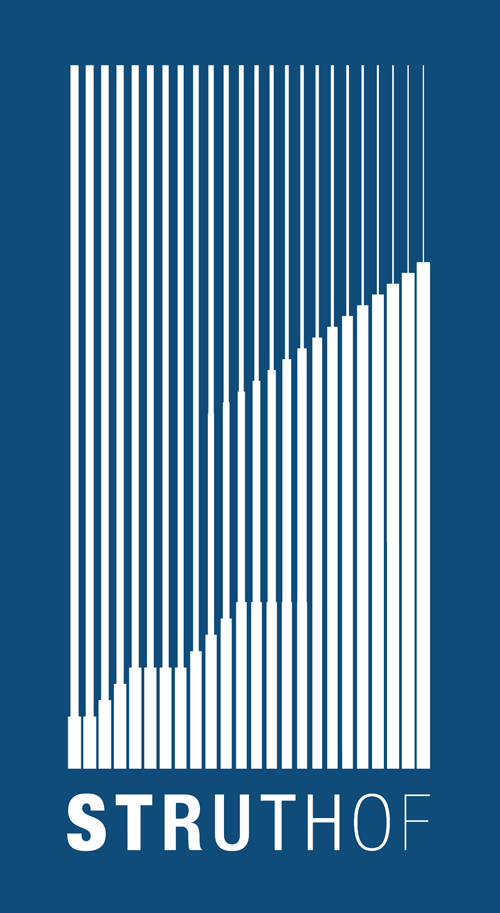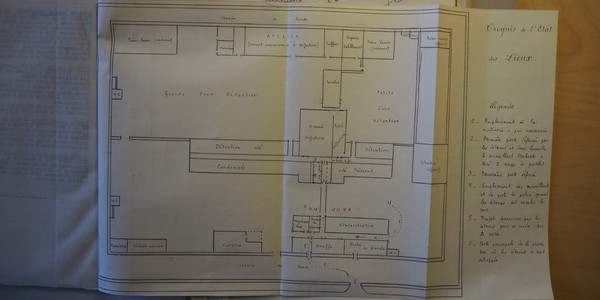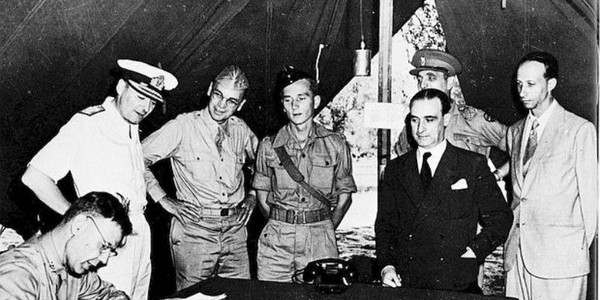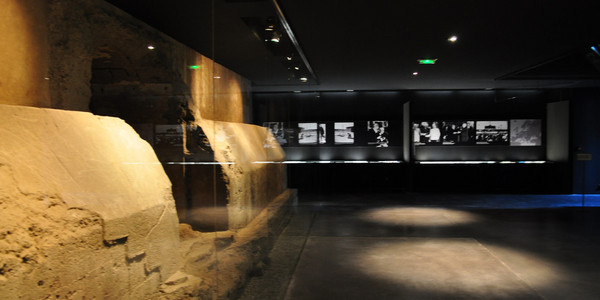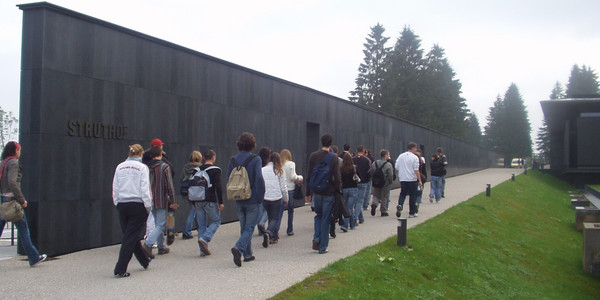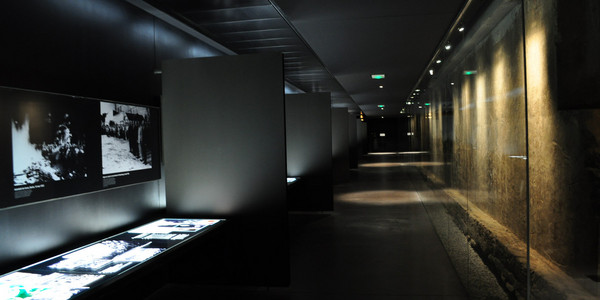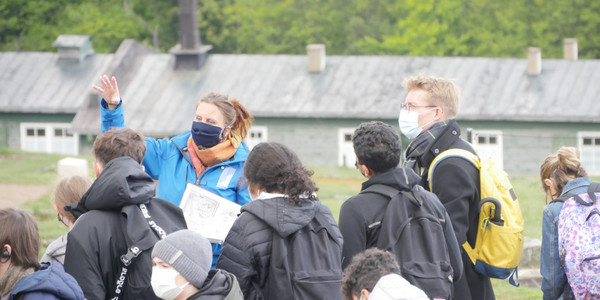12 testimonies
“Solidarity was also expressed by providing moral support to those who had lost all hope. We had to help them maintain their human dignity, when the SS and their henchmen did everything in their power to debase us”
Roger Linet, prisoner number 4487.
“Resisting in the camps meant, above all else, resisting all of the pressures: on your mind, your heart, your body. Resisting hunger and fear (...), time and death (...) Fraternity and solidarity? They existed as well. Otherwise, there wouldn’t have been any survivors”
“In the mornings, we’d be given a watery herbal mixture called “coffee”, and at around ten o’clock on the worksite, a slice of bread with a little bit of margarine or a slice of salami (…) At midday, in the block, we’d be given a litre of very clear soup (…) in the evenings we’d get a piece of bread, sometimes mouldy, with a bit of margarine”
Georges Maradene, prisoner number 4358.
The work of the prisoners in the kitchens consisted of “doing their best to give as much as possible to their fellow prisoners who were dying of hunger”
Max Nevers, prisoner number 4585.
“Apparently, our blue and white stripes weren’t enough to identify us; other labels were used to impose a basic identity on us. Over our hearts, a triangle of a specific colour was sewn, like a spearhead with the tip pointing downwards (…) Just above that, printed on a white, rectangular piece of fabric stitched onto the jacket, was a number for each of us: the prisoner number (…) registered by the camp record-keeper, it became the last trace of the prisoners designated for transportation; also the last trace of those whose bodies were thrown into the mass grave”
Michel Ribon, prisoner number 23082.
“Our first job was to teach our friends to say their numbers in German (…) The guys who didn’t know German were doomed”
Gilbert May, prisoner number 26645.
“I was transferred to the kommando of Road 1 (…) that led from the exit of the camp to the gas chamber (…), that was where the kapo was a Lorraine politician, considered a German, he was a very kind man (…) André, that was his name, always tried (…) to protect us as much as possible from brutality and bad weather”
René Thalmann, prisoner number 16982.
“The Luxembourger Raymond Schutz was put in charge of the technical management of aircraft engine disassembly halls in the quarry. He did everything possible to “fit in” as many political prisoners as he could and to maintain an environment in which everyone could have quiet moments”
Germain Lutz, prisoner number 2296.
“When, later on, I was used as a doctor, I could see that upbringing played little part in men who had become beasts, and that even lawyers, deputy prefects and doctors acted shamefully, whereas people from humble backgrounds knew how to keep their integrity and dignity”
André Ragot, prisoner number 6163.
“At Natzweiler-Struthof, like in many other camps, the qualities of each person crystallised. Very often, you’d see a reversal of the roles that various people had played before being held behind barbed wire. Someone who’d seemed so strong would turn out to be weak, and, in contrast, someone who’d never asserted their authority would show real leadership when the situation required. That’s how certain people, who had previously enjoyed great prestige, lost it completely to others who, especially in those difficult circumstances, demonstrated extraordinary strength”
“Only the guys who had the file listing the convalescent prisoners in block no. 2 were occasionally able to save someone whose name was marked. They were risking everything, because, if they’d been discovered, they were the ones who, one morning, would have gone downstairs to be hanged from the hooks”
Boris Pahor, prisoner number 8362.
“A bit confused about our luck, we often wondered about it, but we never figured it out. Perhaps our unshakeable faith in going home, our almost irrational optimism, despite all the misery and death, a certain fatalism and the will to hope that was not affected by any amount of suffering; perhaps all of that combined to give us the strength we needed to survive and overcome”
Arthur Poitevin, prisoner number 5967.
